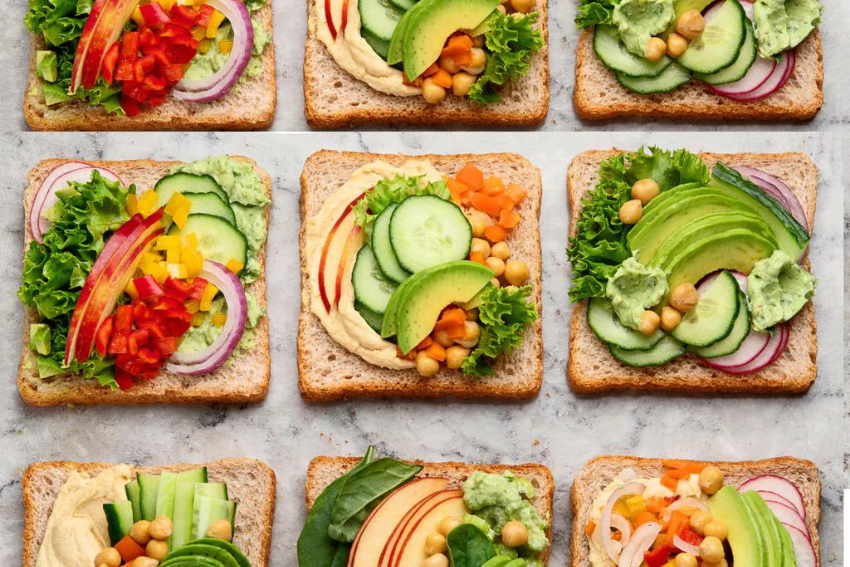It’s touted as one of the (if not THE) healthiest ways of eating and has immense benefits so we thought it would be great to touch on plant-based eating and how it works to improve your health; after all, that is our main goal. So, what exactly does plant-based mean? Should I only be eating plants, mostly plants and some meat products, only plants on some days while meat on others? Ideally, plant-based eating means that plant-based foods form the main or central part of all our meals. This is a diet composed of /centered around fruits, vegetables, nuts, seeds, and whole grains. Many scientific studies have consistently shown that a diet rich in these foods are extremely beneficial to health – think the Mediterranean diet- while promoting longer life. So, let’s take a look at how primarily eating plant-based foods can affect our lives.
Healthier hearts – animal products have saturated fats and when eaten in excess can lead to increased levels of low density lipoprotein (LDL) or the bad cholesterol. A build up of these fatty deposits in the blood can lead to heart attacks, stroke and other heart ailments as they restrict blood flow. However, with a diet rich in plant foods, we don’t have this problem as LDL levels are significantly lower. Switching to a plant based diet can lower LDL levels by up to 25% as seen in some studies published by the American Journal of Cardiology.
Second, this type of eating may decrease the risk of cancer. Some studies have shown that there is some protective benefit of eating a diet filled with vegetables, fruits, nuts, whole grains and seeds as they are nutrient dense with many of the vitamins, minerals and phytonutrients that can ward off cancer. In fact, it may be effective in lowering the risk of some cancers by 10%.
Third, eating in a plant-based manner has a natural side effect of a lower body weight as opposed to those who incorporate more meat in their diets. Plants have a lower glycemic index and thus leave us feeling full longer as well as having the added benefit of more fiber. Thus, switching to this form of eating usually results in weight loss, especially when the plant foods chosen are of the healthy variety – think vegetables, fruits and whole grains as opposed to breads, sugary drinks and processed snacks (which are also animal-free).
Last, we may be able to keep Type 2 Diabetes at bay with a diet rich in plants. As previously mentioned, plants have much less saturated fat than animals. Thus, this means lower fatty tissue which inherently leads to insulin resistance when in high amounts. Many studies have shown a much lower occurrence of Type 2 Diabetes in vegetarians and vegans as opposed to diets centered around eating meat.
With the slew of health benefits, it’s important to note that it does not have to be an all or nothing approach. We can start adding more plants to our diet and play around with various varieties, methods of preparation etc. to make them more enjoyable. It’s not necessary to go full 100% plant-based if that is not your goal (unless instructed to by a doctor), but, definitely making it a big part of your meals is an excellent starting point. Till next time…



Comments (0)